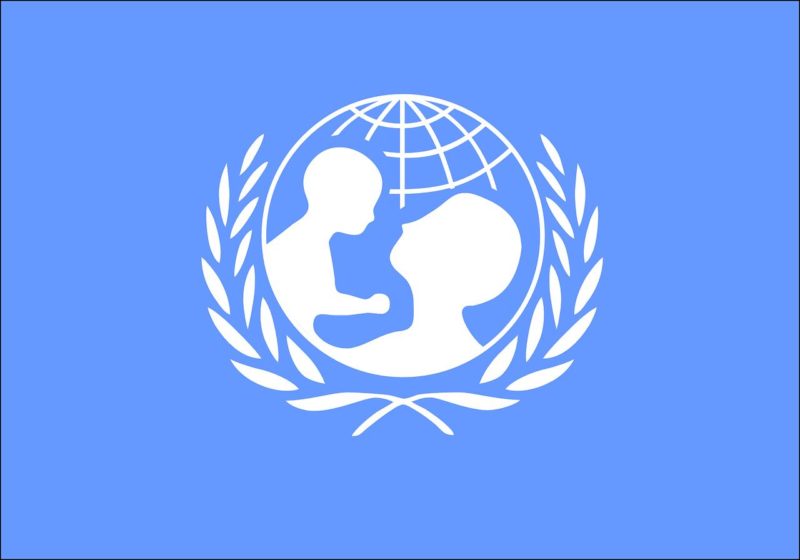Yasmin Qureshi Labour Member of Parliament for Bolton South East

In February 2021, UNICEF (United Nations International Children’s Emergency Fund) published a report titled Future at Risk, which takes a specific focus on the impact of the pandemic on mothers and children, as well of the impacts of the foreign aid cuts. This report outlines a range of asks to the UK Government.
UNICEF is calling for the Foreign, Commonwealth, and Development Office (FCDO) to publish an action plan to end preventable deaths amongst children, new-borns and mothers.
It is also calling for a specific focus on mothers and children as we recover from the pandemic, and finally, it wants the UK Government to commit to reinstating aid spend to 0.7% of GNI no later than 2022, and protect funding for children and mothers in the interim.
The report also estimates that 6,000 more children and over 300 mothers are at risk of dying on a daily basis as a result of the coronavirus’ pandemic and its impact on health services around the world.
My specific role on the Labour frontbench is as a Shadow Minister for International Development and my portfolio focuses on Asia and gender equality, so this report is of specific interest.
I have previously campaigned on a range of issues considering gender issues through a development lens. Most recently, I wrote a piece for Grazia, which can be read here, and also wrote to the Secretary of State responsible, Dominic Raab, on the issue of female genital mutilation and increased incidences as a result of the pandemic.
Labour’s Shadow Department for International Development (DFID) team has consistently held the UK Government to account over its decision to cut aid spending to 0.5% of GNI, the impact on gender, and ringfencing specific aspects of funding.
Ultimately, and sadly, UNICEF’s assessment is correct. The pandemic has had a disproportionate impact on mothers and girls in the global south. Many nations have struggled without access to the health infrastructure we in the United Kingdom are fortunate to have.
What’s more, with the vaccine deployment in many of these countries not expected in the immediate period, health disruptions will continue, causing a range of secondary issues which are ultimately preventable.
These secondary issues centre on the problem that 90% of countries reporting disruptions in basic health services. These services include immunisation, nutrition, water, sanitation, and hygiene. Whilst we will be lucky to escape the pandemic with the vaccine, many will face longer periods of disruption and sadly illness, as well as ultimately death.
It is clear that the UK Government’s commitment to cutting foreign aid will sadly cost lives. What’s worse, this cut will be experienced more acutely because of the ongoing pandemic.
What many in the UK Government fail to realise is that the pandemic has a universal aspect. Everyone is feeling the impacts. Children in Bolton are off school, but so are children in South Africa. Mothers are juggling increased unpaid care work and low paid, insecure jobs in Bolton, but so are mothers in Bangladesh.
We must continue to hold the UK Government to account on this issue and ensure that we commit to being the “Global Britain” we hear so much about.
